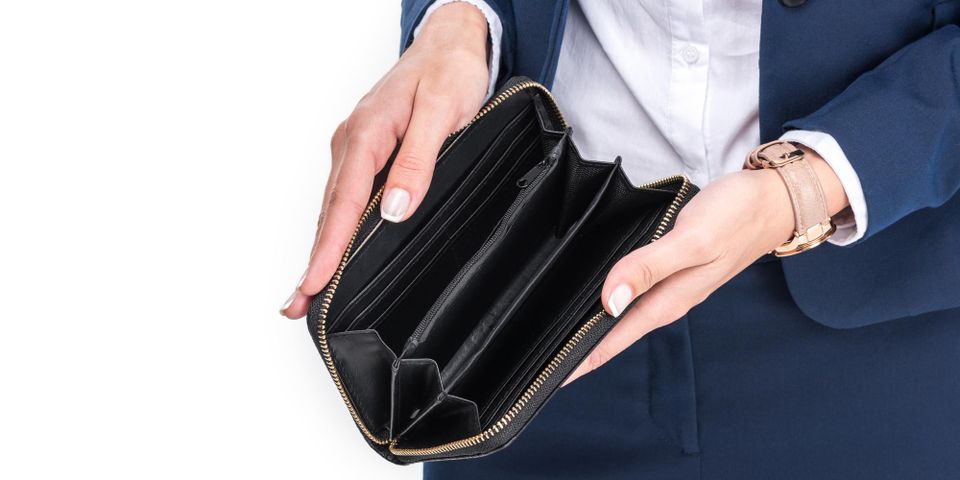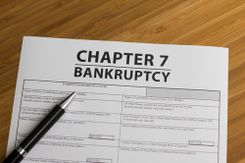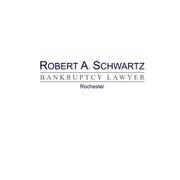The Difference Between Chapter 7 & Chapter 13 Bankruptcy

You may find yourself in a financial crisis for any number of reasons, from the loss of a job to an unexpected medical emergency. When you can't pay your bills, filing for bankruptcy can often help. The two types of Bankruptcy available to individuals are Chapter 7 and Chapter 13. If your income is above a certain level you may not be eligible to file Chapter 7. Any person can file Chapter 13 however it is typically not the best option for most people. Whether you file Chapter 7 or 13, the law is fairly generous in the property that you are to retain. That property is considered exempt. In Chapter 7, non exempt property will be acquired by a Chapter 7 Trustee and then liquidated with the proceeds going to your creditors.
What Is Chapter 7 Bankruptcy?
 Chapter 7—also called liquidation bankruptcy—is the most common type. It allows for the discharge of debt quickly and efficiently without suffering the loss of most property. For instance, if you're facing home foreclosure, filing chapter 7 bankruptcy halts proceedings and gives you time to sell your home at a fair market price. It can also be used to stop wage garnishments. If you have any property which is not exempt, a court-appointed trustee can sell it and use the proceeds to pay whatever is available to your creditors.
Chapter 7—also called liquidation bankruptcy—is the most common type. It allows for the discharge of debt quickly and efficiently without suffering the loss of most property. For instance, if you're facing home foreclosure, filing chapter 7 bankruptcy halts proceedings and gives you time to sell your home at a fair market price. It can also be used to stop wage garnishments. If you have any property which is not exempt, a court-appointed trustee can sell it and use the proceeds to pay whatever is available to your creditors.
What Is Chapter 13 Bankruptcy?
Chapter 13 is a payment plan available to individuals and non corporate businesses who do not qualify for Chapter 7 or who wish to use Chapter 13 to pay back mortgage arrears or income or other taxes. Chapter 13 can also be used to keep non exempt property by paying your creditors a dividend equal to what they would receive in Chapter 7 if the non exempt property was liquidated. Chapter 13 is also called a reorganization bankruptcy. It is for people with a steady income who nevertheless cannot afford to repay all their debts in full with interest. Your non exempt property is not liquidated. Rather, you must agree to pay your creditors back some or all of the money you owe them through a court approved payment plan over a fixed period of time between 3 and 5 years. After successfully completing the payment plan, the remaining debt balance will be discharged except for balances on student loans. Under chapter 13, you should get to keep your non exempt property if you keep up with the payment schedule approved by the court. It applies only to individuals and is not available to corporations or LLCs.
If you need expert help with your bankruptcy, contact attorney Robert A. Schwartz in Rochester, NY. He's been serving Monroe County for more than 30 years and can help if you face unmanageable credit card debt, vehicle repossession, or wage garnishment. Visit the firm’s website to submit a contact request form, or call (585) 334-4270 to schedule a consultation.
About the Business
Have a question? Ask the experts!
Send your question

